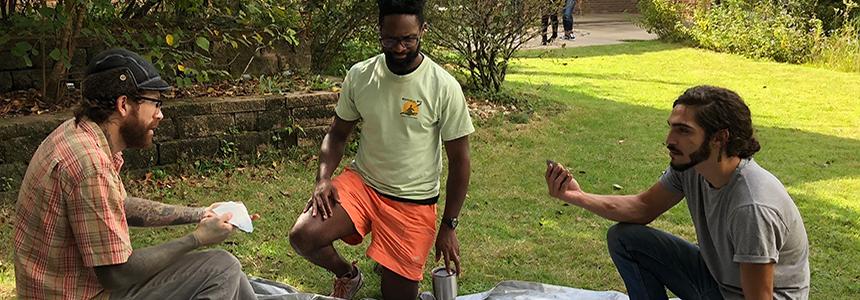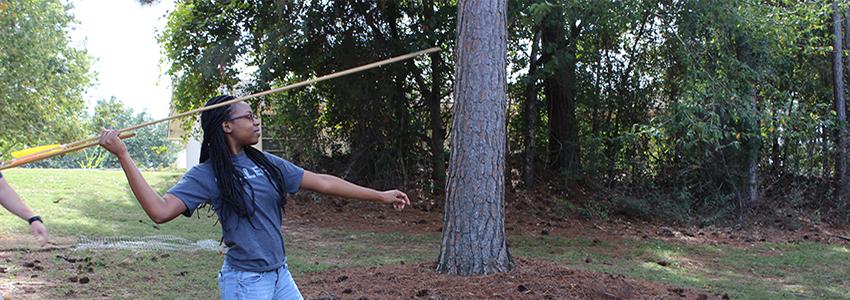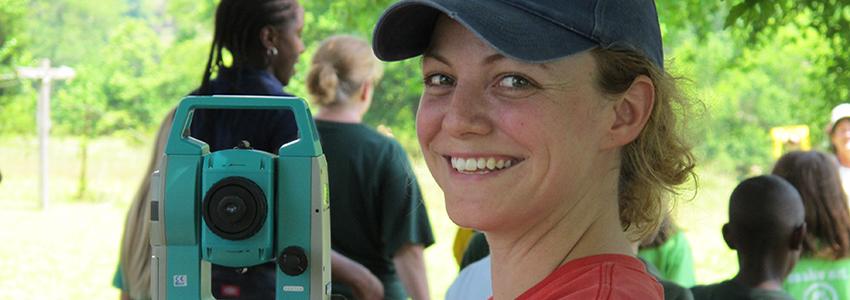What is Anthropology?
an·thro·pol·o·gy (n.)
Anthropologists study what it means to be human, and to explore human similarities and differences across geographic space and time. Drawing on the biological, social, and behavioral sciences, anthropology brings together a variety of perspectives to learn about people at all times and in all places, and applies this knowledge towards solving modern problems.
American anthropology is commonly divided into four fields: archaeology, biological anthropology, cultural anthropology, and linguistic anthropology. To learn more about each of these, click on “Fields of Study” link above.
Fields of Study
Anthropology is the study of humankind, past and present. American anthropology is commonly divided into four fields: archaeology, biological anthropology, cultural anthropology, and linguistic anthropology.
Archaeologists study our ancestors through material remains (artifacts) in order to reconstruct the past, inform our present, and look to the future. Fieldwork involves an array of sophisticated methods and careful excavation techniques to identify archaeological sites and recover traces of past human activities. An archaeologist will often specialize in the analysis of certain artifact types, such as animal bones, pottery, plant remains, or stone tools. From two million-year-old stone tools in Africa, to mid 20th-century house lots in downtown Mobile, Alabama, archaeologists analyze the physical evidence of the past in pursuit of a broad and comprehensive understanding of human culture.
Biological anthropologists study human biological variation and how humans adapt to an ever-changing world, past and present. This broad discipline encompasses observations of non-human primates, modern human variation and population genetics, human origins and evolution, and the study of ancient human skeletons. More recently, these methods have been applied to assist law enforcement with the forensic identification of modern skeletal remains.
Cultural anthropologists study societies around the world, including our own, using ethnographic methods, which are a series of tools for examining culture. Traditionally, anthropologists studied Indigenous peoples, where they examined religion, kinship, political beliefs, food practices, and other aspects of social life. While these remain an important focus of research, cultural anthropologists have increasingly turned their attention to developed societies. Cultural anthropologists likewise examine contemporary social issues, including migration due to climate change, globalization, social inequality, and health disparities.
Language – the ability to represent meaning through symbols and to communicate those meanings to other people – is a hallmark of all human societies. Linguistic anthropologists study the cultural contexts of human communication. How does language symbolically represent our worldview? How does our day-to-day use of language reflect our social identities of region, class, gender, and ethnicity?
Careers in Anthropology
What can I do with a degree in anthropology?
An undergraduate degree in Anthropology can prepare you for a number of exciting career paths. While anthropologists with PhDs can be employed in academic/university settings, many other non-academic opportunities are available in today’s world for graduates with a Bachelor’s degree in Anthropology – even though these job titles may not include the word “anthropologist.” Transferable skills gained as part of an Anthropology degree include critical thinking, research and analytical training, written and oral communication, cultural sensitivity and awareness, and ethical perspectives.
According to the U.S. Bureau of Labor Statistics, overall job growth is projected to increase by 8% per year from 2023 until 2033, double the national average growth rate of 4% for all occupations. A 2025 survey revealed that anthropologists in the United States earned a median salary of $64,910 per year in 2024.
Careers at a glance…
- Archaeology: Cultural resource management (CRM), National Park Service, FEMA, museums, universities, government agencies
- Biological Anthropology: Forensic laboratories, coroner’s offices, applied anthropometry, zoos, museums, UX research, publishing/editing
- Cultural Anthropology: Corporations, education, non-profit and advocacy groups, archival work, policy or market research, human resources, government agencies
Useful Career Links:
American Anthropological Association
American Association of Biological Anthropologists
Want to learn more? If you search “anthropology” on job search websites such as Indeed, USAJobs, or LinkedIn, you can see the diversity of job ads that list anthropology as a preferred degree. Other career resources include the Anthropology Careers & Employment job board and the Anthropology Career Readiness Network.

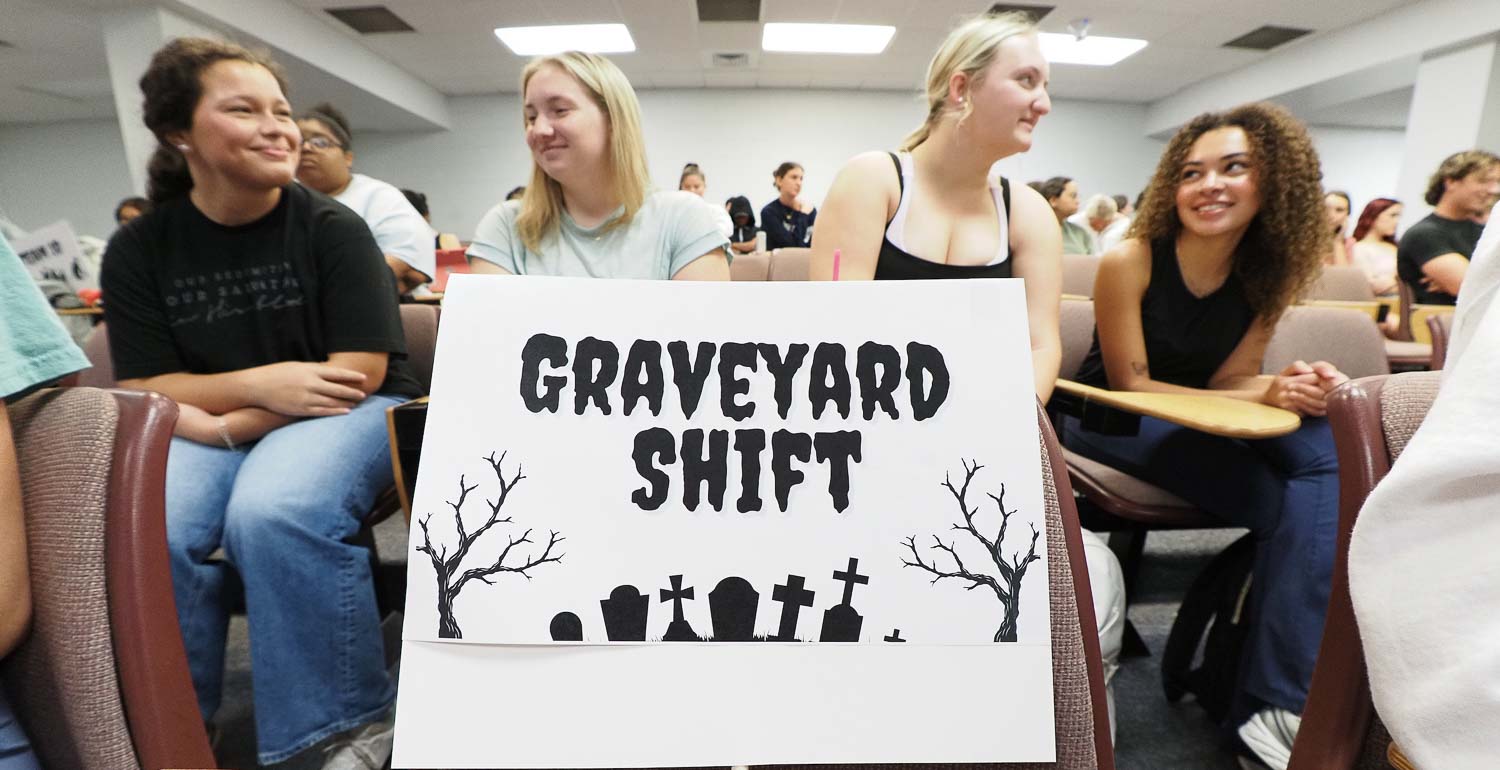 Culture, Norms, Values -- and Zombies
Culture, Norms, Values -- and Zombies
 USA Research and Tech Showcase Honors Faculty Innovation in Archaeology, Cyber Defense and Genetics
USA Research and Tech Showcase Honors Faculty Innovation in Archaeology, Cyber Defense and Genetics
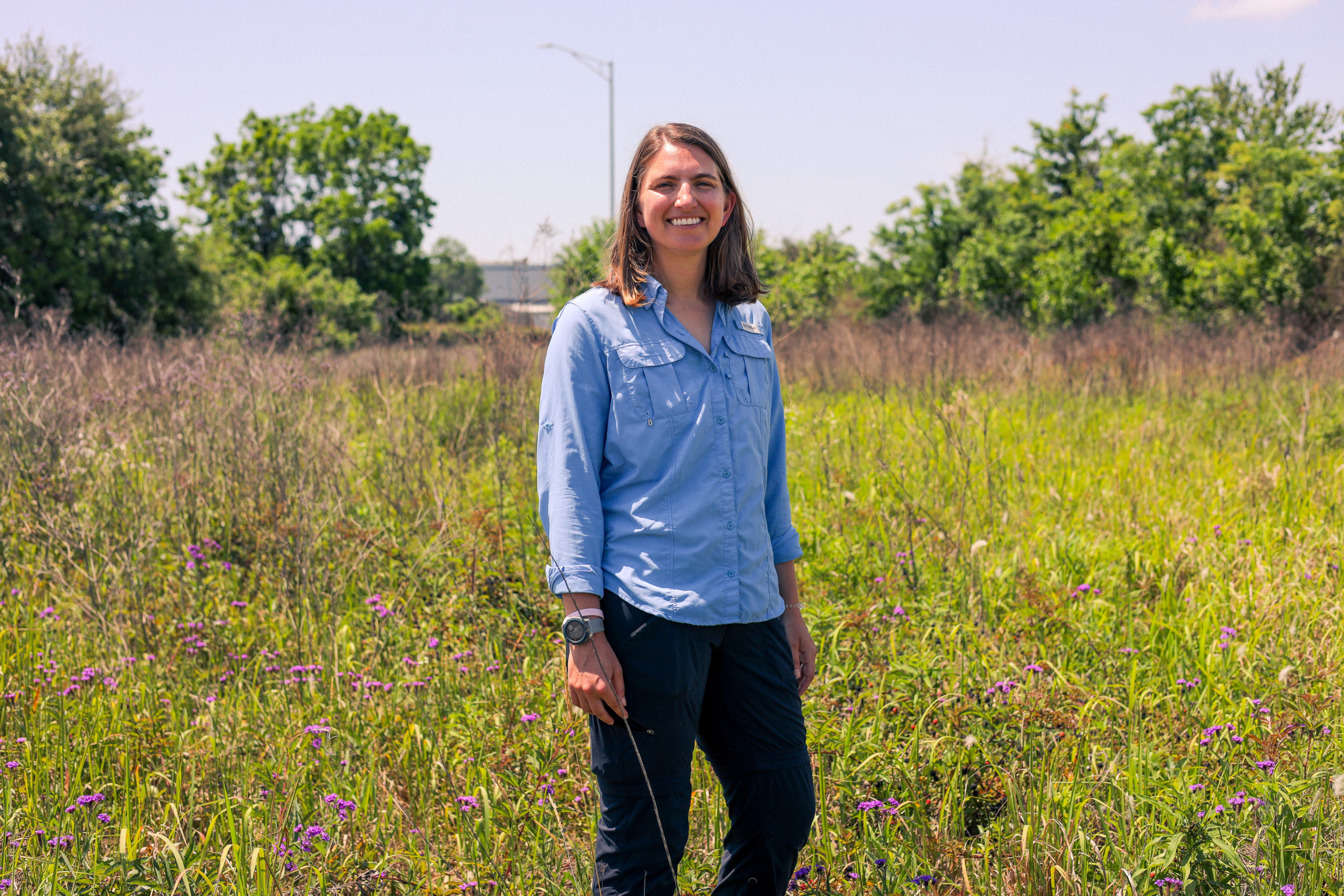 Digging Deeper
Digging Deeper
 Soil to Sea
Soil to Sea
 Childhood cancer survivor turned social worker, Katelyn Tillman helps patients at Children's & Women's Hospital
Childhood cancer survivor turned social worker, Katelyn Tillman helps patients at Children's & Women's Hospital
 Gregoricka Receives Fulbright Scholar Award
Gregoricka Receives Fulbright Scholar Award
 Choctaw Indigenous Potters to Visit USA Campus
Choctaw Indigenous Potters to Visit USA Campus
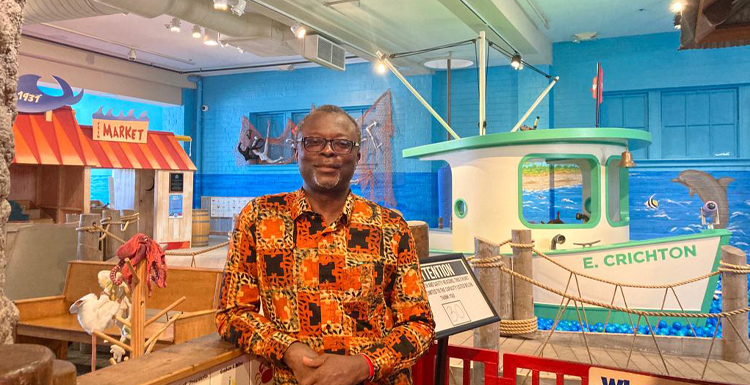 South Welcomes Visiting Fulbright Scholar-in-Residence | USA News
South Welcomes Visiting Fulbright Scholar-in-Residence | USA News
 Rediscovering Family History
Rediscovering Family History
 Expert Advice: Dr. Valerie Bryan Talks About Important Factors for Students Deciding on a Social Work Degree Program
Expert Advice: Dr. Valerie Bryan Talks About Important Factors for Students Deciding on a Social Work Degree Program
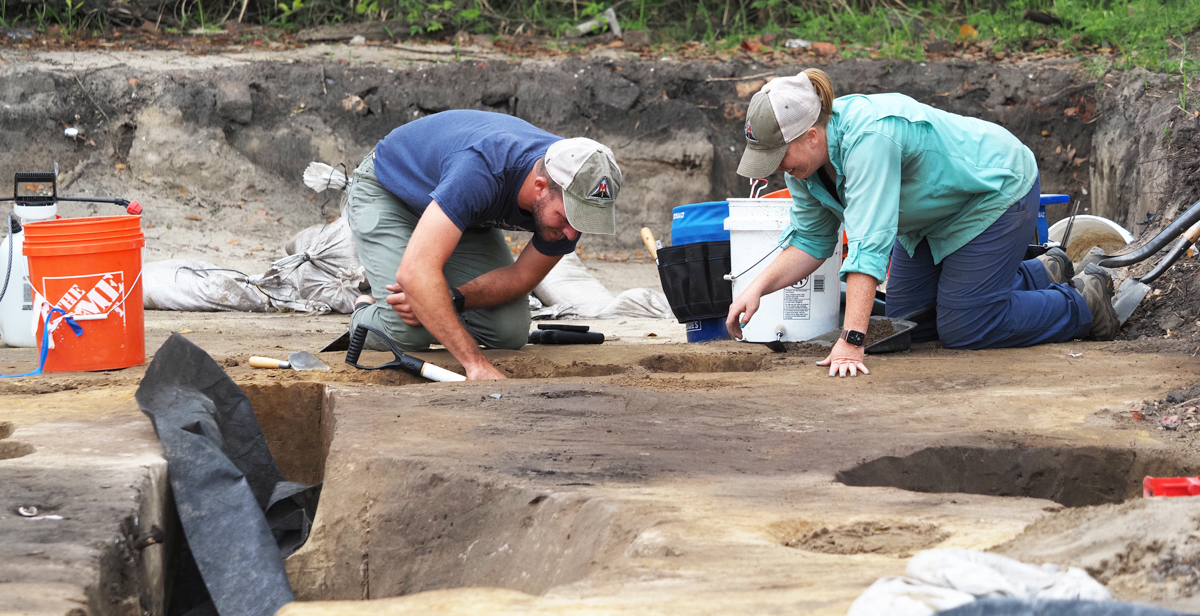 Big Dig: South Archaeologists Excavate Mobile Bay Bridge Site
Big Dig: South Archaeologists Excavate Mobile Bay Bridge Site
 South Students Attend Human Rights Workshop in U.K.
South Students Attend Human Rights Workshop in U.K.
 'Good Jobs and Bad Jobs'
'Good Jobs and Bad Jobs'
 Social Work Faculty and Alumni Talk with Prospective Students
Social Work Faculty and Alumni Talk with Prospective Students
 South Sophomore Solves Cold Cases Using DNA, Forensic Genealogy
South Sophomore Solves Cold Cases Using DNA, Forensic Genealogy
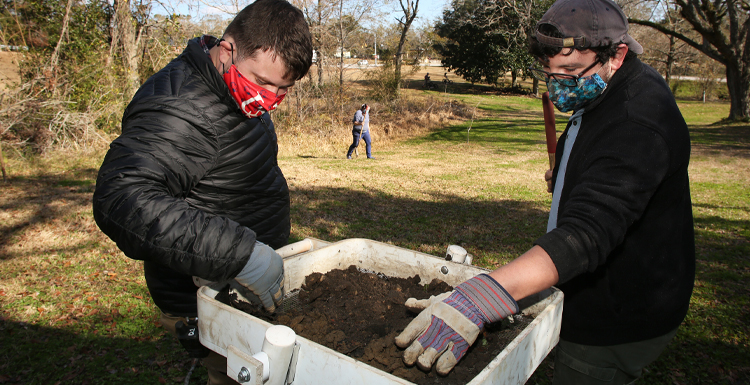 Digging Into the Past
Digging Into the Past
 Land Newly Available for Research, Teaching
Land Newly Available for Research, Teaching
 Phi Kappa Phi Announces 2020-21 Award Recipients
Phi Kappa Phi Announces 2020-21 Award Recipients
 Students Hone Research Skills, Examine Skeletal Remains
Students Hone Research Skills, Examine Skeletal Remains
 University of South Alabama’s Investment in Research is Paying Dividends
University of South Alabama’s Investment in Research is Paying Dividends
